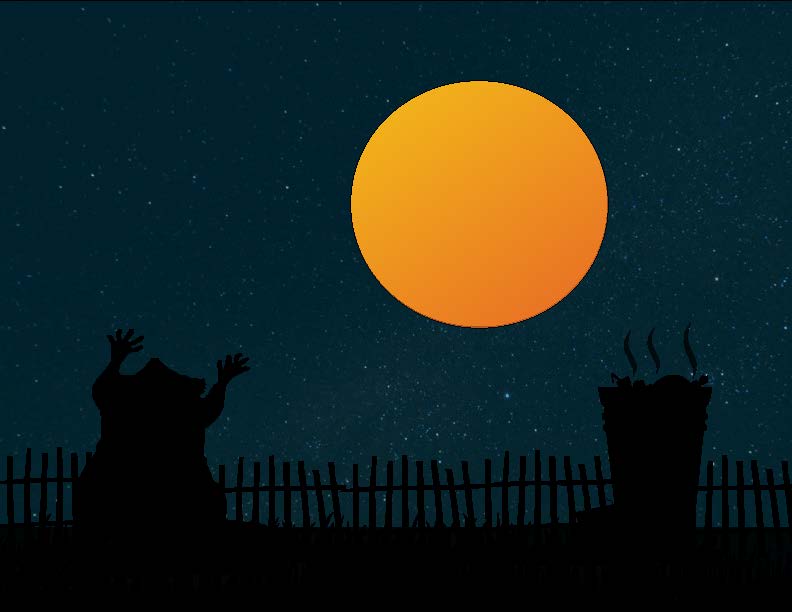DISCLAIMER: Stories and images published in this week’s issue under satire (with the exception of advertisements) are purely satirical and created purely for entertainment and/or parody purposes. They are not intended to communicate any accurate or factual information. Some names used in Excalibur’s satire stories are fictional, and any resemblance to actual persons or entities may be purely coincidental.
As vaccines are rolled out and the COVID-19 pandemic seems to wane, the city of Toronto has seen a rise in what seems to be a completely new virus that has sufferers acting strangely similar to the city’s beloved and unofficial mascot — the raccoon, also known as the “trash panda”. Alongside patients’ progressively odd and vicious behaviour, there has likewise been an increase in raccoon attacks.
York assistant professor and head researcher at MünsterLab Co., Dr. Von der Helsching, has been investigating possible links between the two phenomena. The recent surge in violent nocturnal raccoon activity caught the researcher’s attention after several lab assistants reported having been chased off campus, or seen fellow students and faculty chased off campus, by particularly large raccoons.
“It wasn’t until one of our assistants had reported feeling ill shortly after his mandatory sixth COVID-19 vaccine and had started exhibiting some odd behavior that we finally looked into the possible connections,” says Dr. Von der Helsching. “When he returned to work the day after a full moon, he seemed rather irritable and kept making hissing or chittering sounds at his partner.
“Gary was always a little odd to begin with, so at first we thought nothing of it. But when the next full moon — or the one after — came around, and he was found in a dumpster covered in Timbers Lodge lobster bisque, we knew something was off. Gary hates lobster.”
Gary, who prefers to keep his last name anonymous, is currently being held at MünsterLabs for research purposes, but was available for comment.
“The change itself isn’t all bad — it’s only once a month, and I really just get a bit more irritable, and hungry for junk food. I guess you could say I have my own kind of time of the month. I’m just more disappointed that I haven’t magically grown a six pack and felt the need to cut off all my hair overnight, but I’m still hopeful that I might find true love in a friend’s family member one day,” Gary says with an optimistic smile.
When it comes to terminology, Gary says he isn’t too bothered by “were-raccoon” or other developing nicknames — except for one.
“Trash panda. It’s worse. It’s so much worse than were-raccoon,” Gary adds tearfully.
Currently, the official name for the afflicted and temporary breed is Torontus Trashus-Pandus, as coined by Dr. Von der Helsching himself, who was aware at the time of the general distaste towards the name.
“I do realize that Gary and many others that are afflicted don’t approve of the name chosen for the particular breed that’s a result of vaccine side effects, but we don’t like Gary,” concludes Dr. Von der Helsching.
Efforts have currently been made to curb the amount of those suffering from vaccine side effects by sending new garbage cans with stronger locks to every home in the city. When asked about finding a potential cure to the problem, the Ford government responded that “the raccoon problem just wasn’t as high on the list as giving tax breaks to major corporations, but that maybe closer to election, if it was a hot button issue, concerns may be addressed more seriously.
“In the meantime, use your free extra strength trash cans, and it should be okay,” Ford cheerfully added.
Toronto residents are still encouraged to get their mandatory sixth vaccine.


